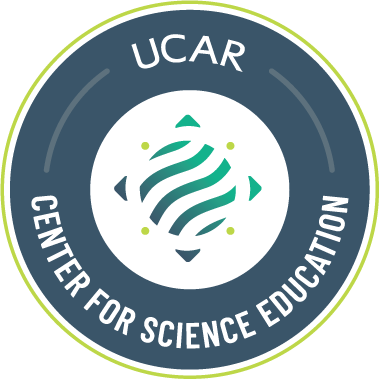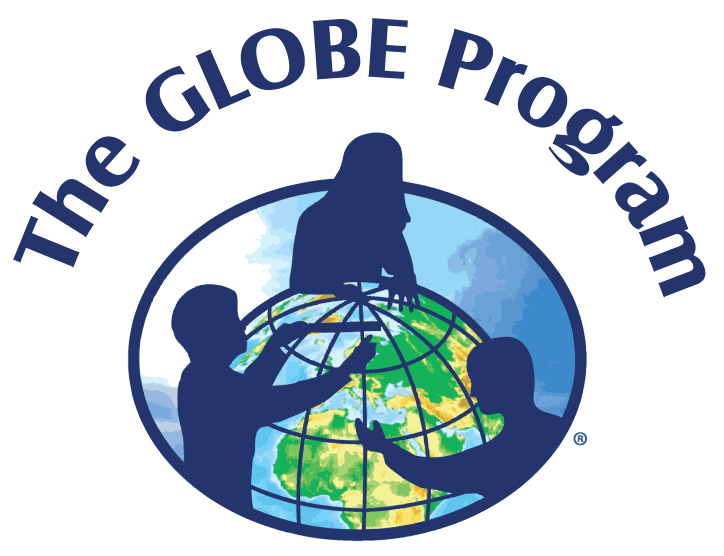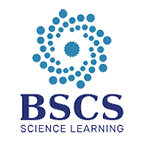About
History of GLOBE Weather
GLOBE Weather was developed to meet a national need for instructional materials that are responsive to the performance expectations articulated in the NGSS. NASA answered the call by funding the development of GLOBE Weather in order to meet this need and introduce teachers and students to the GLOBE Program (www.globe.gov), the GLOBE Protocols used to collect data, and data from the GLOBE database. Initiated in 2017, GLOBE Weather underwent two years of development. The curriculum was field tested twice, in the fall of 2017 and the fall of 2018, each time by twelve middle school teachers from around the United States who provided essential constructive feedback and student work samples that informed revisions.
Combining the skills of educational resource developers from the UCAR Center for Science Education with BSCS Science Learning’s curriculum design tools and processes from the American Museum of Natural History, GLOBE Weather represents a new approach for students to learn about weather phenomena that builds on prior knowledge and focuses on developing and iterating on models and analyzing data. The unit also leverages the existing suite of GLOBE science protocols and GLOBE data collected around the world. GLOBE Weather was designed to meet the needs of teachers who are already part of the GLOBE community and teachers who are not already actively involved in GLOBE. Input and feedback from the GLOBE Weather advisory board, the GLOBE Implementation Office, our NASA program officers, and the GLOBE community helped inform the project and products.
GLOBE Weather was developed by staff and contractors from the following organizations.
UCAR Center for Science Education

The GLOBE Program

BSCS Science Learning

Funding

Terms of Use
Use of GLOBE Weather is granted under Creative Commons Attribution 4.0 International License. A summary of this license can be found at the following URL: https://creativecommons.org/licenses/by/4.0/. The complete legal terms of this license can be found at https://creativecommons.org/licenses/by/4.0/legalcode.
